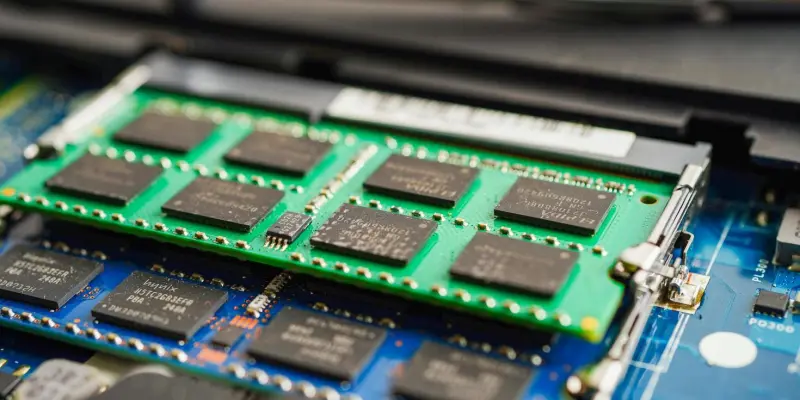Nvidia’s decision to incorporate SK Hynix GDDR7 memory into its GeForce RTX 5070 GPU lineup marks a noteworthy shift in its strategic approach to mitigating the demand shortages experienced with the RTX 50 series. While Samsung has held a dominant position in supplying memory for Nvidia’s GPU products, SK Hynix has demonstrated its capabilities to rival the performance of established giants in the industry. A pivotal test conducted by a tech enthusiast named michelelee showcases that SK Hynix’s memory modules can achieve overclocks comparable to Samsung’s, reaching speeds from a base 28Gbps to a formidable 34Gbps. This breakthrough challenges preconceived notions that SK Hynix memory could lag in performance and illustrates its competitive prowess within the GPU memory market. Embracing SK Hynix as a supplier allows Nvidia to diversify its supply chain while addressing consumer needs effectively.
Advancements in GPU Memory Technology
The demonstrated ability of SK Hynix GDDR7 to match Samsung’s performance is a significant stride forward in GPU memory technology. While the evidence from the trial suggests SK Hynix can hold its own, the broader context of technological advancement within GPU memory cannot be ignored. Memory modules are essential components that influence the graphics processing power and overall capabilities of GPUs. GDDR7 memory, with its expansive bandwidth and enhanced efficiency, exemplifies the cutting-edge progress inherent in the current memory technologies. Enthusiasts aiming to push the limits of their hardware are increasingly reliant on manufacturers who can provide reliable, high-performance memory solutions. Nvidia’s incorporation of SK Hynix into its supply chain signifies recognition of these advancements and the merit of diversifying component sourcing as technological demands evolve.
Considerations and Challenges Ahead
Despite the positive indications of SK Hynix’s capabilities, caution is advised to users in terms of practical application. A particular point of concern arises from attempts to flash a Samsung-based BIOS onto SK Hynix-equipped GPUs, a practice that can lead to technical difficulties, potentially rendering the card inefficient or unusable. However, this risk receives mitigation through the availability of Dual BIOS features, which serve as a safeguard against improper flash attempts. The evolving memory landscape exemplifies the importance of balancing innovation with cautionary practices. As SK Hynix establishes its presence as a competitive entity within the GPU market, both Nvidia and consumers must remain vigilant—embracing technological progress while acknowledging the challenges associated with new forms of hardware integration. The upcoming periods will define how effectively SK Hynix can solidify its role as a viable contender against longstanding industry players like Samsung.

